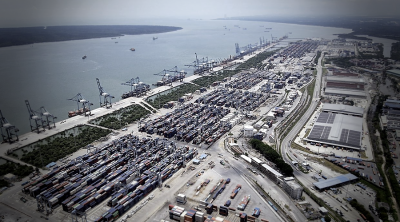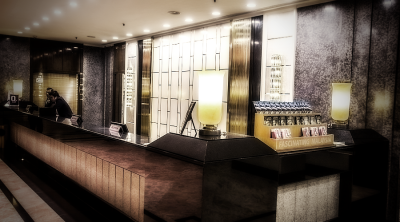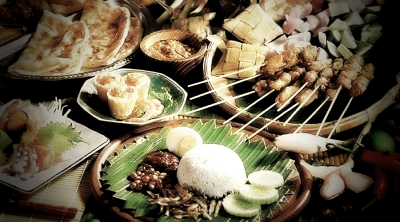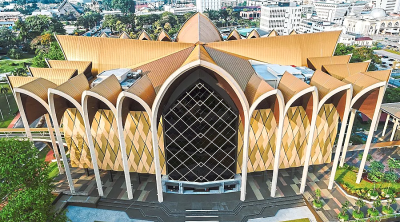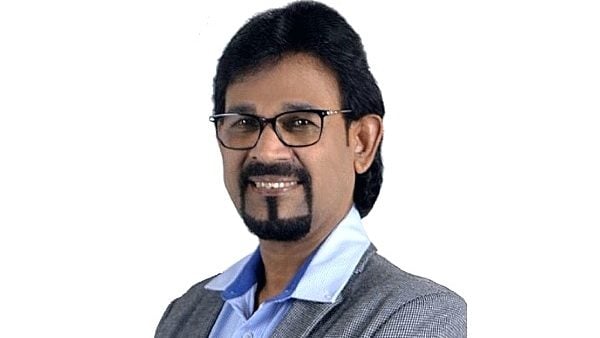
Hospitality is the gift of our Malaysian culture.
This ancient culture is what some large corporations are thriving including Malaysian Airlines by stating that Malaysian Hospitality (MH) is its unique selling point (USP).
More than just a moniker, it reflects the warmth of Malaysia’s people as well as the beauty of our national character and culture.
Hospitality is an industry that includes restaurants, hotels, casinos, amusement parks, events, cruises, entertainment and other tourism-related services.
Within Malaysia, the hospitality and tourism industry contributes 6% of the country’s GDP and 23% of national employment (3.5 million jobs), and is the third largest component of the services industry.
The hospitality industry of Malaysia is well known for playing a crucial role in driving socio-economic development and job creation as a significant catalyst of economic growth.
When we visit any Malaysian home, the first thing you will get is a drink or a meal. No meetings are held in any office without coffee or tea, and more so in civil service. This hospitality is monetised and we call it our hospitality industry.
I feel strongly that we are not fully utilising this wonderful gift that we have.
The projected US$1.22 billion hotels market is struggling as we are taking our hospitality business too lightly and easily.
Almost every sector of the hospitality industry is filled with foreign workers.
Malaysian hospitality, often referred to as “Malaysian warmth”, is deeply rooted in the country’s culture and traditions.
The hospitality industry in Malaysia places a strong emphasis on making guests feel welcome and comfortable.
Leveraging Malaysian hospitality in the tourism industry involves incorporating cultural elements, providing excellent services, and creating memorable experiences for visitors.
Here are some ways to use Malaysian hospitality in the tourism industry:
Warm greetings and smiles
Our staff must be trained to greet guests with warm smiles and genuine enthusiasm.
Malaysians are known for their friendliness, and a simple smile can go a long way in making visitors feel welcome.
We are lacking severely in this issue; nowadays a simple task such as smiling is no longer practised by Malaysians but handed over to untrained foreign workers who do not have similar sentiments to this case since they are not Malaysians to begin with.
This is our local trait; if foreign workers are not trained, then we will lose it all.
Cultural sensitivity
We must foster an understanding of Malaysian culture among the tourism industry professionals.
This includes awareness of traditions, customs, and our multi-religious practices.
Being culturally sensitive helps provide a more inclusive and respectful experience for visitors.
If we have Middle Eastern tourists, we must ensure our people are giving them the best treatment, having their palates, likes and dislikes as the priority.
Likewise, if tourists are from European or Asian countries, we must be inclusive and ensure we cater to their needs, too.
Traditional welcome rituals
We must incorporate traditional Malaysian welcome rituals in hospitality services.
This could include a traditional welcome drink, a brief explanation of local customs, or a simple traditional ceremony to mark the beginning of a visitor’s stay.
This must be a compulsive practice at every entry point, be it a hotel or an event.
Artists performing in welcoming dance functions must be truly chosen from the respective communities.
Culinary experiences
Malaysian cuisine is diverse, delicious and delectable. Emphasise local culinary experiences in hotels, resorts and restaurants.
Offering traditional dishes and explaining their cultural significance can enhance the overall guest experience.
Serve the real teh tarik, roti canai, fried kuey teow, curry mee, nasi ayam and Nyonya kuehs, all prepared by Malaysian cooks or chefs and not foreigners. These are our unique selling points (USP).
I have stated this obviously that is missing at KLCC food court, where foreigners instead of locals are preparing our exquisite dishes in a place visited by a huge number of foreigners each day.
Language proficiency
Our hospitality industry staff must be proficient in multiple languages, as Malaysia is a multilingual country.
Being able to communicate with visitors in their preferred languages can significantly enhance their experience.
We must ensure that more focus is given to Indian and Chinese tourists (211,363 Chinese and 324,566 Indians in 2022) who are coming in huge numbers.
Please pay attention to tourist spots especially the eateries, with regards to cleanliness hygiene of the venue, its relaxing and welcoming ambience, staff readiness, chefs preparing the food, and parking facilities.
Cultural events and activities
Organise cultural events and activities for tourists to participate in.
This could include traditional dance performances, cooking classes, or guided tours to cultural landmarks.
Providing opportunities for guests to immerse themselves in the local culture creates lasting memories.
There must be focus on the Indian and Chinese tourists in this area.
The artists performing in the welcoming dance functions must be truly chosen from the respective communities rather than just Malay artists performing the dances.
The Malay artists are good, but their movements are fake as they don’t understand the language in which they perform, be it Tamil, Hindi or Chinese.
Personalised service
Focus on providing personalised services to guests. Anticipate their needs and preferences, and tailor services accordingly.
This level of attention makes visitors feel valued and will enhance their overall satisfaction level.
Tourists may want to seek medical treatment, indulge in spa treatment, enjoy shopping, visit specific religious spots or even take a drive along our highways, or gain experiences in eco-tourism, agro-tourism, homestay programs, cultural and heritage tourism as well as education and health tourism.
Hospitality training programs
Implement hospitality training programs that emphasise the importance of Malaysian hospitality values. This ensures that all staff members are aligned to create a welcoming and positive environment for tourists.
This does not just apply to tour guides, but to all hoteliers, major restaurant owners and all tourism-related industry suppliers such as van, bus and taxi drivers.
Malaysian taxi drivers must be targeted deeply as there are still cases of cheating and shoddy taxis providing services to tourists.
Promotion of local crafts
Showcase and promote local crafts and products in hotels and tourist establishments.
This not only supports the local economy but also allows visitors to take home authentic Malaysian souvenirs.
Our batik, handicrafts, fisheries products, pewter, souvenirs, clothing, electronics and durian must be made 365 days rather than seasonal.
Community engagement
Encourage community engagement by involving local communities in tourism activities.
This can include guided tours led by locals, homestay programs, or collaborative initiatives that showcase the unique aspects of each community.
The community programs may not be restricted to kampungs alone; reach out to the estates, new villages and orang asli settlements, and even the long-house communities in East Malaysia.
Proper toilets
We must seriously look into our toilets. Be it in restaurants, shopping complexes, parks, public toilets, or R&R areas, this is a critical element we take for granted.
If the toilet is there, there is no soap, there is no tissue, the bidet will be leaking, the toilet cover is broken and if all is in order, the toilets lack good scrubbing to declare it clean.
Health inspectors must seriously do their job to ensure that we are not seen as a third-world country.
All health inspectors at all local authorities and city councils must go for special training to ensure we have them committing to our MH course.
Tourism security
Tourism security — policemen and policewomen — must be mobilised so that petty crimes are wiped out in major cities such as Kuala Lumpur, Penang, Johor Bahru and Melaka.
This will further boost our hospitality in a far-reaching manner, thus promoting a greater number of tourists.
By integrating these elements into the tourism industry, Malaysia can leverage its renowned hospitality to create a distinctive and memorable experience for visitors, fostering positive word-of-mouth and encouraging repeat visits.
The government’s recent announcement of 30-day visa-free entry to our country starting December 1 is a great move, especially for visitors from the Middle East, Turkey, Jordan, China and India.
With this in mind, we must make sure the whole Malaysian tourism sector is ready and welcoming.
It is pointless talking much about our hospitality without displaying its greatness to the world.
Let’s join hands cohesively with all tourism agencies, tour operators, logistics providers, government enforcement agencies, hoteliers, casinos, parks and shopping malls, and give our Malaysian Hospitality a pragmatic approach to wooing tourists and increasing our national coffers.
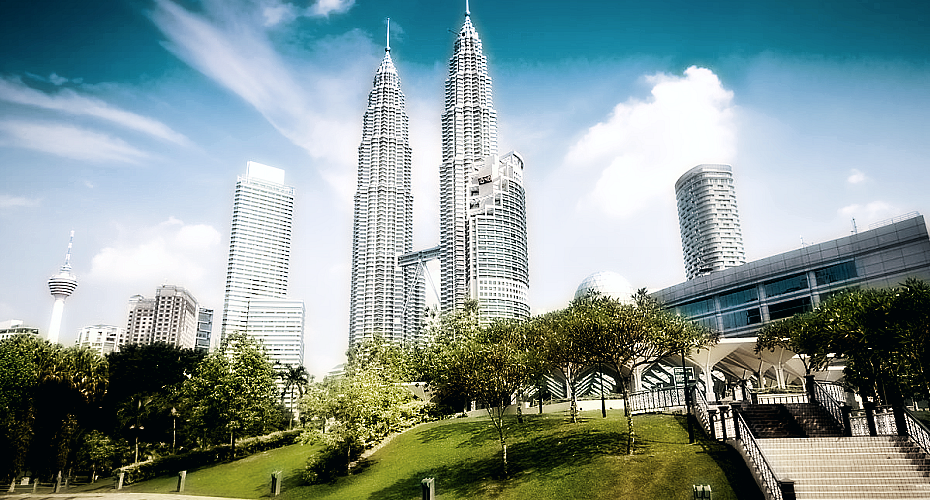
(Ravindran Raman Kutty is an active social worker.)
ADVERTISEMENT
ADVERTISEMENT






